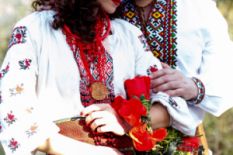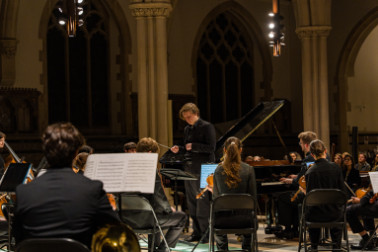New Year’s Day, January the 1st, is a national public holiday in Ukraine. It marks the start of the year in the Gregorian calendar. It is time when many Ukrainians decorate their Christmas tree and buy presents to give to one another. In Western Ukraine St. Nicholas day (December 19th) is the time when children get their presents from St. Nicholas (or so their parents let them believe). However, in the rest of the country New Year is the day for giving presents to kids, family and friends.
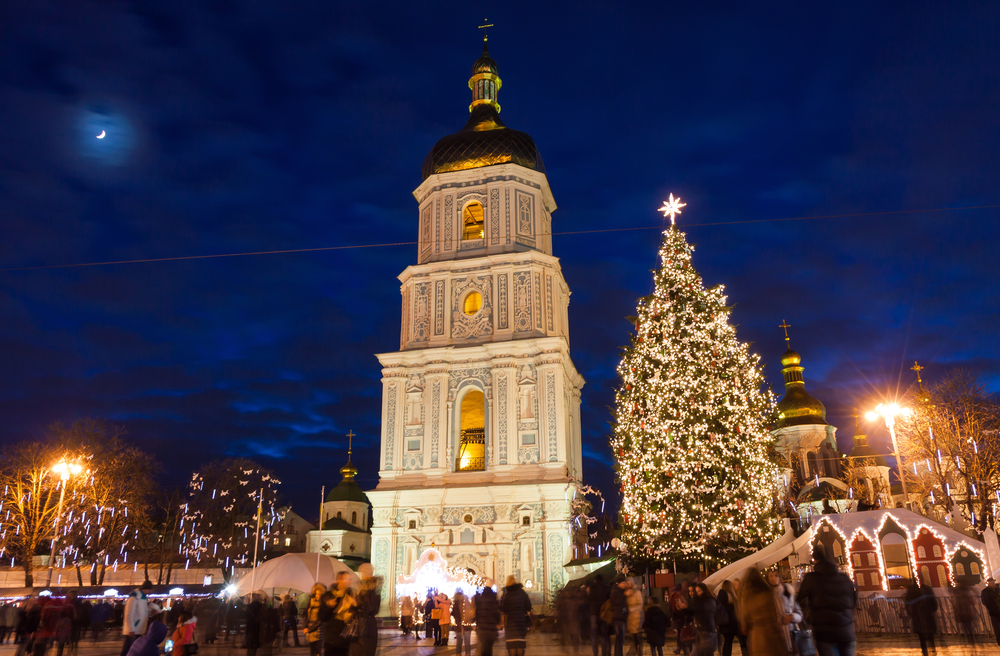
Ukrainians like to celebrate New Year’s Eve with friends and family. And in spite of freezing temperatures, they often toast the New Year outdoors. Midnight, New Year’s Eve in the center of the biggest Ukrainian cities is quite an endearing sight: people standing outside, shivering, teeth clattering – just to wish each other a happy new year, accompanied by the bang and sparkle of fireworks. City dwellers have begun to absorb the outdoorsy continental lifestyle of celebrating New Year with holiday fairs and street vendors selling hot mulled wine or cider.
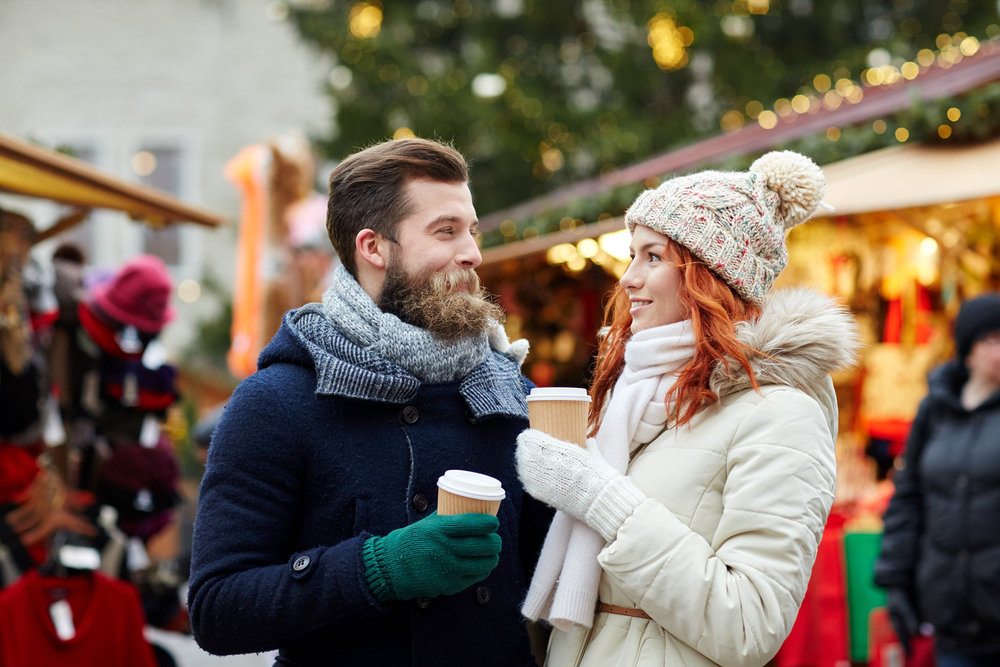
Those who stay at home, often listen to presidential speech broadcasted on all national TV channels just before midnight. People gather together by the festive table with gourmet dishes and champagne. At midnight they raise a toast to drink to the New Year and congratulate each other.
New Year’s Day is a national holiday in Ukraine. Schools, banks and public offices are closed. If a holiday falls on a weekend, the Monday after the weekend is a day off for many people. Taxis and public transport options are generally available but it is best to check with the relevant transport authorities on schedules and ticket availability.
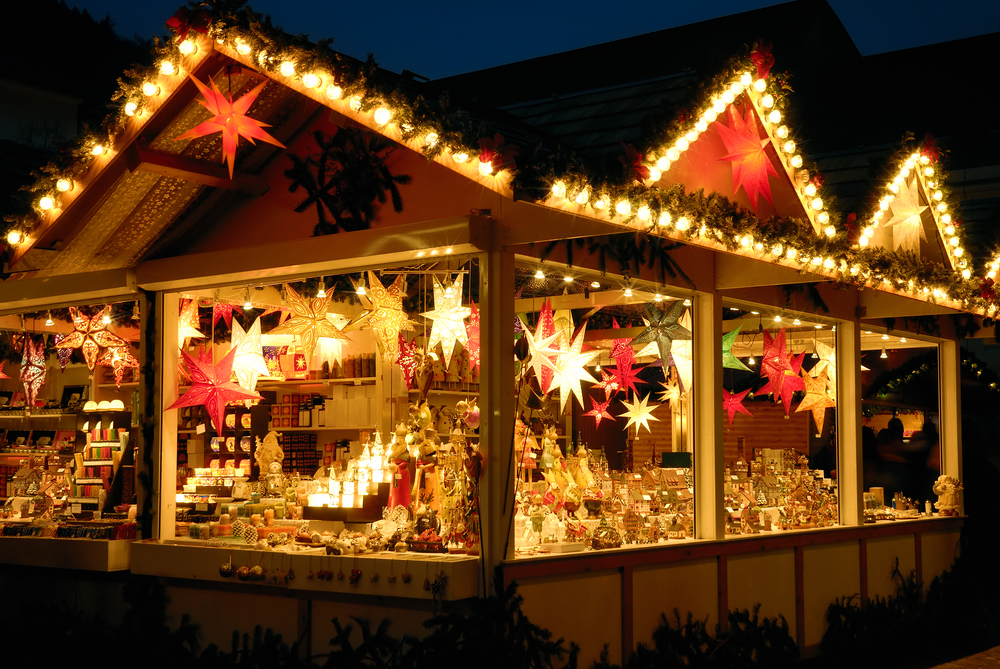
For the Ukrainians Christmas is the most important family holiday of the whole year. It is celebrated solemnly, as well as merrily, according to ancient customs that have come down through the ages and are still observed today. Ukrainian Christmas customs are based not only on Christian traditions, but, to a great degree, on those of the pre-Christian, pagan culture and religion. The Ukrainian society was basically agrarian at that time and had developed an appropriate pagan culture, elements of which have survived to this day.
Christmas Day is celebrated either on December 25 in accordance with the Roman Catholic tradition (Gregorian Calendar), or on January 7 which is traditionally the Orthodox or Eastern Rite (Julian Calendar) church holy day.
The Christmas Eve Supper or Sviata Vecheria (Holy Supper) brings the family together to partake in special foods and begin the holiday with many customs and traditions, which reach back to antiquity. The rituals of the Christmas Eve are dedicated to God, to the welfare of the family, and to the remembrance of the ancestors.
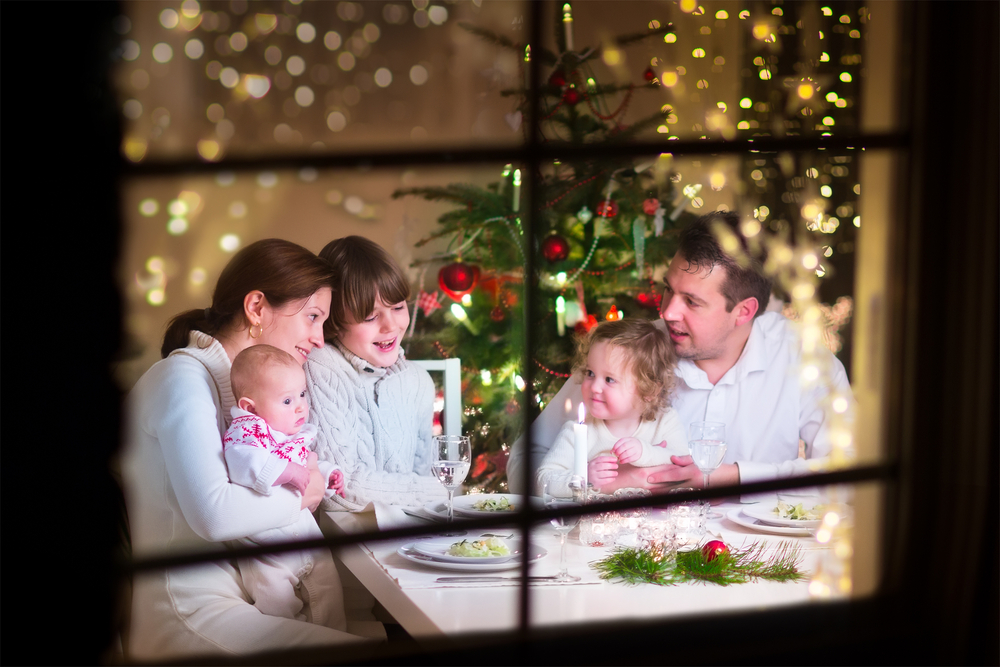
Orthodox and Roman Catholic Christians in Ukraine traditionally have 2 Christmas dinners. The first one is a Lent Dinner, it is held on the January 6 and should consist of meatless dishes. Traditionally people fast (don't eat anything) all day but you might start the day drinking some holy water that has been blessed at church. You can't start eating the meal until the first star is seen in the sky. The second one is a Christmas Festive dinner held on January 7, when the meat dishes and alcohol are already allowed on the table.
The dinner normally has 12 dishes which represent Jesus's 12 disciples. However, even for Christmas, Ukrainians manage to bring in so many ancient rituals, that at times the line between the religious and the pagan becomes quite blurry. Both Christmas dinners traditionally include a number of authentic Ukrainian dishes, which have over thousand year history and date back to pagan times.
Kutya, being single most important Christmas dish in Ukraine, was known as a popular ritualistic food even before the arrival of Christianity. This is a cooked wheat porridge, mixed with poppy seeds, honey, and raisins. It symbolizes wealth and appreciates for successful harvest season.
Another pre-Christian detail of traditional Ukrainian Christmas dinner is Didukh. The room where Christmas dinner is eaten normally has a Didukh decoration placed in it. The Didukh is made from a sheaf of wheat and it symbolizes the large wheat field in Ukraine. It literally means 'grandfather spirit' and can represent people's ancestors being with them in their memories. These days modern Ukrainian families just put some heads of wheat in a vase rather than a whole sheaf of wheat.

After Christmas Dinner many children as well as grown-ups go visit their neighbors and family members and friends who live nearby to wish them Merry Christmas and sing some Christmas carols. While many of the Ukrainian Christmas Eve customs are of a solemn nature, the custom of caroling is joyful and merry. Ukrainian Christmas songs or carols have their origins in antiquity, as do many other traditions practiced at Christmas time. One more fun Christmas tradition in Ukraine is Vertep. Vertep, the Ukrainian Christmas puppet theater, is a group of people going from house to house with short Biblical themed scenes and carol singing. After seeing the performance, the host traditionally gives money or food to Vertep.
New Year and especially Christmas celebration in Ukraine has a long history and a vivid set of traditions and rituals, all of which allow foreigners get a glimpse of unique cultural identity that miraculously survived on the outskirts of modern Europe.
Photos: shutterstock.com

